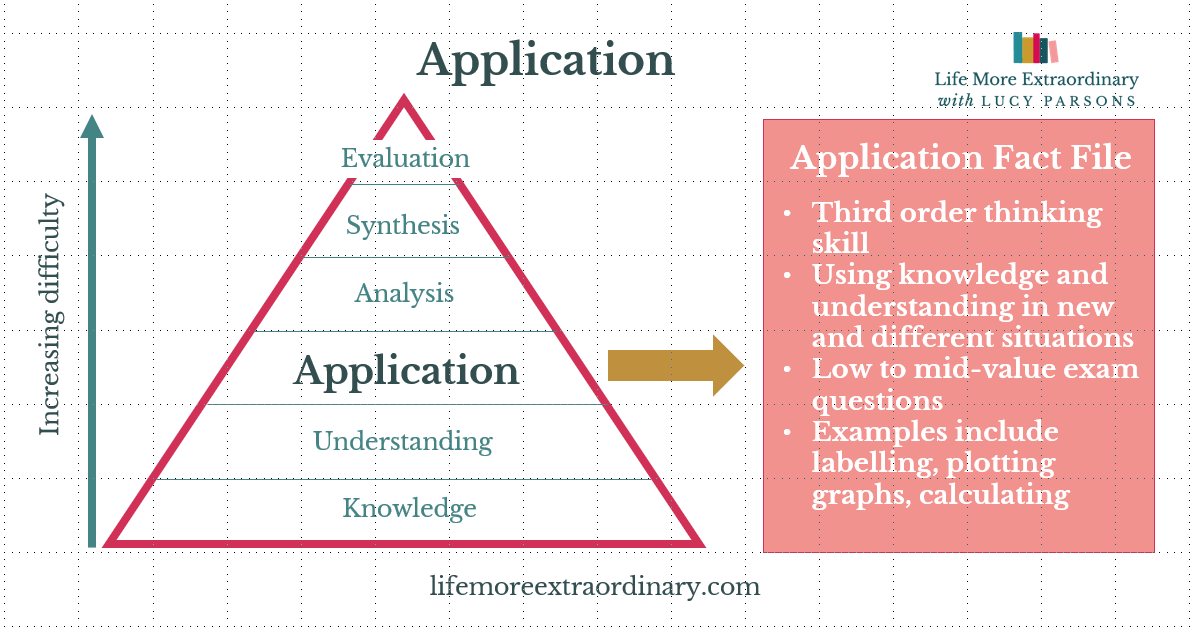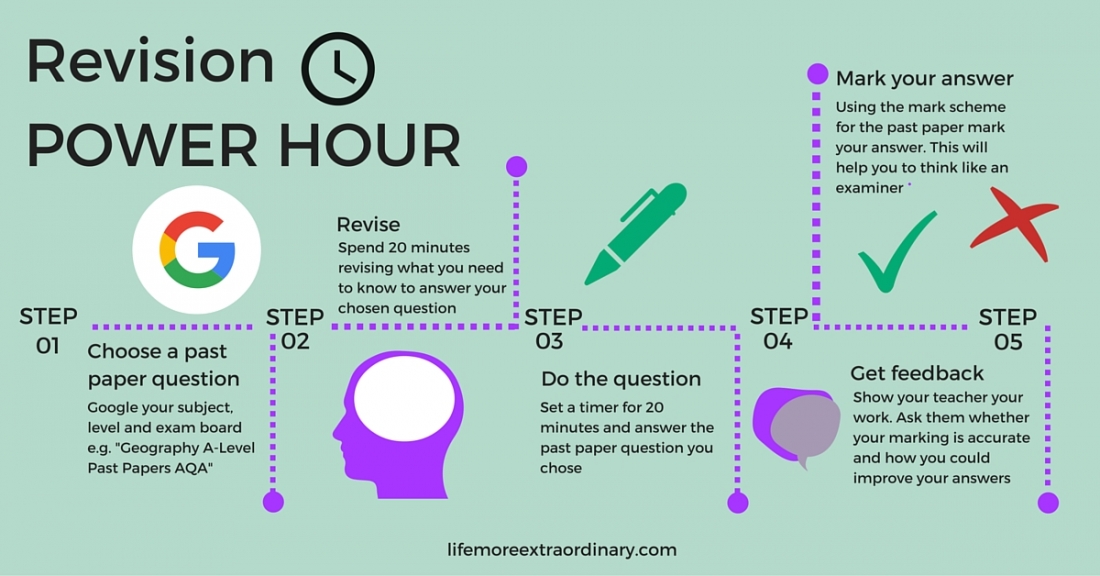How to revise GCSE Science – a step by step guide
Not sure how to revise GCSE science? If so, you're not alone. To many students, the amount of content in physics, chemistry and, particularly biology, can seem very overwhelming, and that’s before you get to answering those pesky exam questions. In this blog post I'm going to give you some top-drawer advice about how to revise science, break it down, make it more manageable and how to get to grips with those exam questions so that you get all the marks you deserve.
How to revise GCSE Science
1. What do you need to revise?
Before you think about how to revise GCSE science, you need to know what to revise.
You can get a definitive list of what you need to know from the exam board's website. Just search online for your exam board and specification and then print out the ‘subject content' section of the specification. Voila! You have a definitive list of everything you need to know to get full marks in your science GCSE.
2. How should you revise it?
When you print out your sciences specifications you'll see that there's:
a) a lot to know
b) the specifications are very specific about what you need to know about each thing
With this level of detail, it's easy to see why many students get totally overwhelmed by their science revision.
To stop this overwhelm it's important that you use the right revision techniques. My advice is NOT to use revision notes. Having page after page of A4 notes encourages you to write far too much detail in your revision notes which overloads you brain, and stops you from making decisions that are useful for your learning about how to chunk up what you need to know into bite-sized chunks.
So, if you're not going to use revision notes, what are you going use?
Expert science tutor and host of the How to Revise Sciences Masterclasses inside The Extraordinaries Club advises using the placements technique for your science revision. If you'd like to know more about this technique, you can download a free sample placemat and explainer sheet when you sign-up in the form below.
to download free science revision placemat template
The other thing you can do is use flashcards. These are a very effective way of chunking up your knowledge so that it's easily digestible and you can test yourself effectively. Read more about how to create good flashcards and get the most out of them in this blog post.
3. Learn how to apply your knowledge
Did you know that there's a hierarchy of thinking skills around which all exam papers are based? Some thinking skills are valued much more highly than others. For example, application of knowledge is valued much more highly than just knowing and understanding things.

You can learn more about this hierarchy and what it means for your revision here.
But what does it mean for science?
The new science specifications include questions about experimental techniques that require students to apply their understanding of how to design experiments in new and unfamiliar circumstances. Many students find this very difficult. However, when you have the knowledge and right frameworks you can easily pick up marks for these questions.
These are some of the things you need to know:
- The differences between the dependent, independent and control variables and how to recognise them in different situations
- When to use a line graph and when to use a bar graph
- How to calculate the gradient on a graph
- The correct terms to use to describe the trends shown on a graph
- How to work out a mean
- Which experiments your exam board requires you to have done, and to remember for the exam
In the How to Revise Science Masterclass on Experimental Techniques all of these things, and more, are covered in detail. This includes three walked through examples of exam questions, one for each of the science subjects, so that you can see exactly how to apply your knowledge in new situations and get the marks.
4. Do past papers!
Many students will put off doing past paper practice until they've revised EVERYTHING on the specification. This is for two reasons:
- They find it deeply uncomfortable
- They think they can only do ‘whole' past papers
If you're going to succeed in your GCSEs you need to get outside your comfort zone – you're not going to achieve very much there! You should also realise that you don't have to do a whole past paper in one go. Instead, you should use the Revision Power Hour technique to practice small excerpts of past papers. This will help you to develop your knowledge and exam skills simultaneously and make sure you get the marks that reflect the work that you're doing. It's the people who put off doing past papers who get stung by lower grades – because they didn't know how to communicate what they knew in the way that the examiner needed to see it to give them the marks.
5. Do the work and don't give up!
So much about exam success is in the mindset. Yes, it can feel dispiriting if you can't get your head around something or you can't remember something 24 hours after revising it. But, successful people keep going and keep trying until they succeed. You're going to have to work hard to get grades you can be proud of in GCSE science, but when you get those grades you can be oh, so proud.
Last year, one of the members of The Extraordinaries Club, had a grade 5/6 in science at the end of year 10. Through focused effort she increased these to 7/8 in her November mocks and this is what she got in her final exams. It's amazing what really putting the effort in can achieve!
Do you need more help with your GCSE science revision?
If so, we've got an amazing bank of resources about how to revise GCSE science inside The Extraordinaries Club that go into much more detail than this blog post. Expert science tutor, Keerti Purmessur, who trained to teach on the TeachFirst programme and studied Natural Sciences at Cambridge, has put together a series of How to Revise Science Masterclasses for members of the club. There are five masterclasses in total:
- The Foundations of Science – which covers the basics of science revision and how to get up to secure a strong foundation in the 20-40% of the GCSE science curriculum that is taught in years 7-9 but not covered again in years 10 and 11
- Experimental Investigations and Techniques – focuses on the questions that most students really struggle with, the ones where you have to apply your understanding in new situations.
- How to Revise Biology
- How to Revise Chemistry
- How to Revise Physics
Click here to find out more about the How to Revise Science Masterclasses and how to get access to them. If you have any questions at all please email [email protected].

